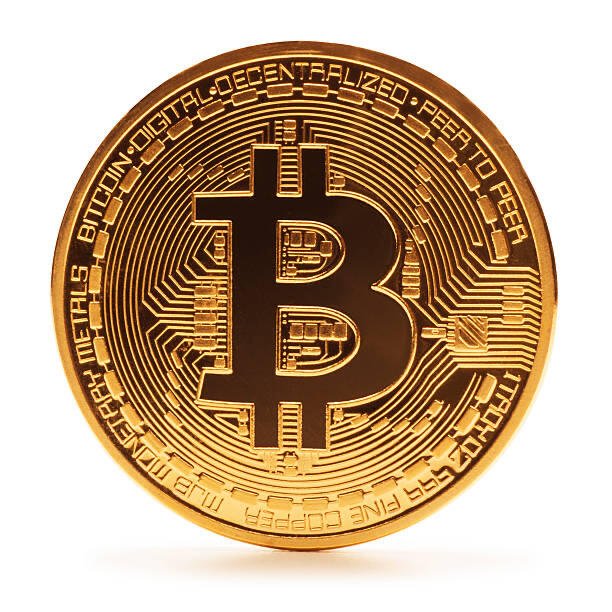ABitSpicy on Nostr: This CNBC headline is one way to view the surprisingly greater than expected jobs ...
This CNBC headline is one way to view the surprisingly greater than expected jobs report released yesterday. Another point of view is the central bank for the United States (the Fed) lowered interest rates at a time when the labor market and economy are roaring hot; thereby leading to further inflation.
THE RAISING AND LOWERING OF INTEREST RATES
Let's break this down a bit. Why does the Fed raise or lower interest rates? If the economy is overheating, the Fed raises rates to slow things down and keep inflation from running away. The opposite is true when the Fed believes the economy is slowing down. To avoid the economy from going into a recession, the Fed lowers interest rates in an attempt to increase economic activity by making it easier (less expensive) to borrow money.
When the Fed lowered interest rates at their meeting last month, they did so because they believed the economy was slowing and need some stimulation to accelerate economic activity to steer the economy away from a recession. However, the jobs report released yesterday paints a different picture of where the economy is headed.
JOBS AND THE ECONOMY
Breaking this down a little further, when does a business hire employees: when there is a lot of demand from customers, or when there is very little demand from customers? The answer is when the business has a lot of customers and needs more employees to keep up with the customer demand. Therefore, the take-a-way from the jobs report is there is presently a lot of consumer demand in the economy.
PUTTING IT ALL TOGETHER
With the jobs report surprising to the upside and beating the best case estimates, showing strong consumer demand in the economy, and the Fed's decision to lower interest rates to stimulate more consumer demand, we are headed for higher inflation. To put this in simple terms, your dollars will purchase less goods and services in the near future than they can purchase today. Therefore, keeping your money in dollars will decrease your future purchasing power.
THE ALTERNATIVE
Where can you store some of your dollars to protect it against the coming inflation? Hard assets. This means trading your dollars today for something like gold, sliver (precious metals) or Bitcoin; something outside of the Fed's control, and something they cannot simply print more of on demand.
If you're not currently familiar with these alternatives to the United States Dollar, there are tons of resources available to help you, but you need to take the initiative and invest some time educating yourself. There are also many individuals, like myself, who are willing to help you so reach out and start asking questions today because I don't believe the inflation will be "transitory" this time.
https://www.cnbc.com/2024/10/04/fed-close-to-pulling-off-the-elusive-economic-soft-landing-in-2024-after-great-september-jobs-report.html
THE RAISING AND LOWERING OF INTEREST RATES
Let's break this down a bit. Why does the Fed raise or lower interest rates? If the economy is overheating, the Fed raises rates to slow things down and keep inflation from running away. The opposite is true when the Fed believes the economy is slowing down. To avoid the economy from going into a recession, the Fed lowers interest rates in an attempt to increase economic activity by making it easier (less expensive) to borrow money.
When the Fed lowered interest rates at their meeting last month, they did so because they believed the economy was slowing and need some stimulation to accelerate economic activity to steer the economy away from a recession. However, the jobs report released yesterday paints a different picture of where the economy is headed.
JOBS AND THE ECONOMY
Breaking this down a little further, when does a business hire employees: when there is a lot of demand from customers, or when there is very little demand from customers? The answer is when the business has a lot of customers and needs more employees to keep up with the customer demand. Therefore, the take-a-way from the jobs report is there is presently a lot of consumer demand in the economy.
PUTTING IT ALL TOGETHER
With the jobs report surprising to the upside and beating the best case estimates, showing strong consumer demand in the economy, and the Fed's decision to lower interest rates to stimulate more consumer demand, we are headed for higher inflation. To put this in simple terms, your dollars will purchase less goods and services in the near future than they can purchase today. Therefore, keeping your money in dollars will decrease your future purchasing power.
THE ALTERNATIVE
Where can you store some of your dollars to protect it against the coming inflation? Hard assets. This means trading your dollars today for something like gold, sliver (precious metals) or Bitcoin; something outside of the Fed's control, and something they cannot simply print more of on demand.
If you're not currently familiar with these alternatives to the United States Dollar, there are tons of resources available to help you, but you need to take the initiative and invest some time educating yourself. There are also many individuals, like myself, who are willing to help you so reach out and start asking questions today because I don't believe the inflation will be "transitory" this time.
https://www.cnbc.com/2024/10/04/fed-close-to-pulling-off-the-elusive-economic-soft-landing-in-2024-after-great-september-jobs-report.html
